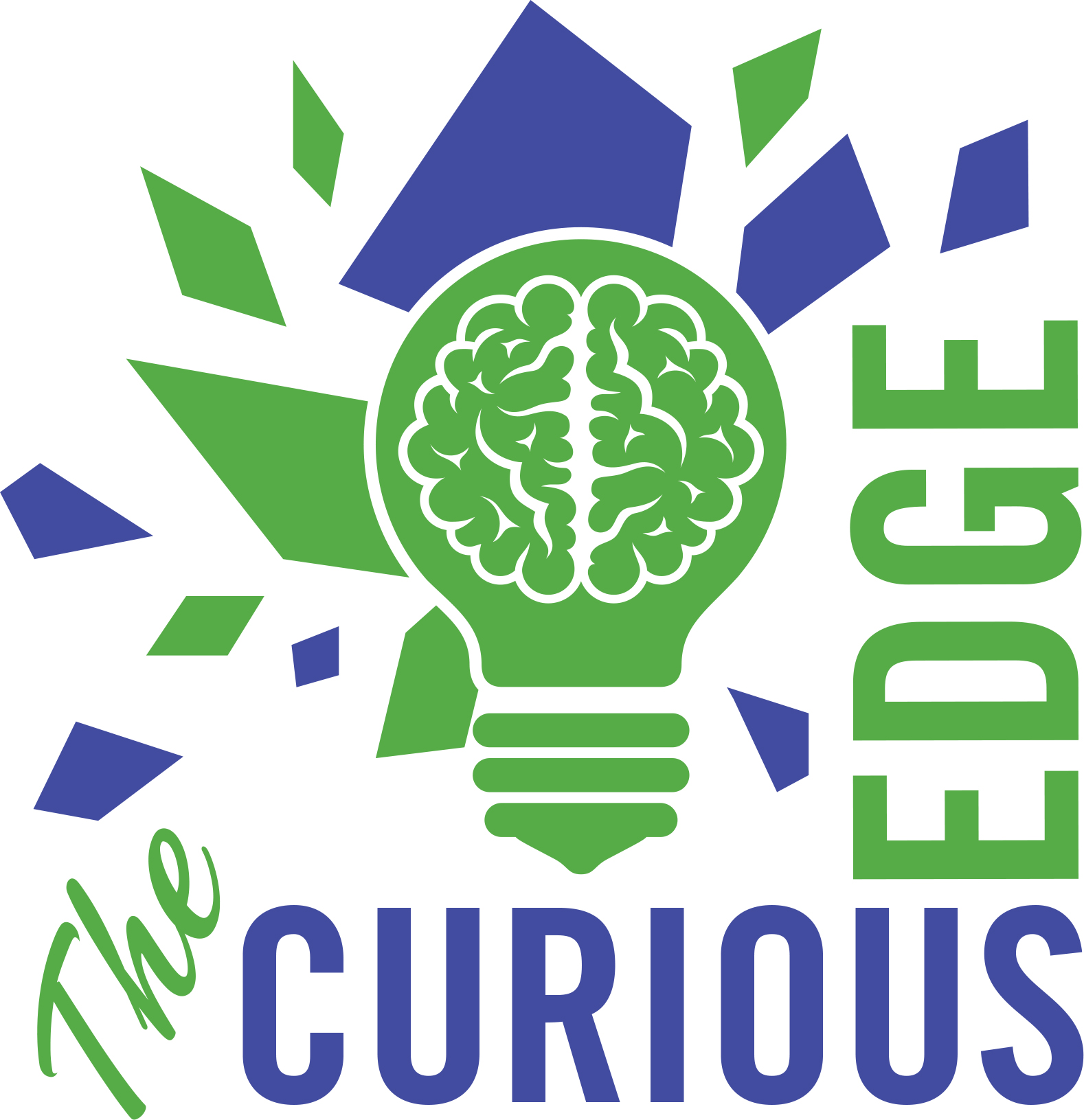Research Supports Brain Boost Program
By Kimberly Hudson
I recently assessed an eighth grader who had previously completed two years of Orton-Gillingham reading intervention.
She currently makes all A’s and B’s but scored in the 12th percentile in reading on a high school placement exam.
This placement exam solidified her mother’s growing concerns about her daughter’s reading comprehension. When I showed the student the letters of the alphabet, she was unable to tell me the correct sound for any of the five vowels.
The alarming part of this story is this student had previously been taught this information in a reputable school, reinforced by outside intervention using an Orton-Gillingham program, yet she could not correctly state the short or long sound that any vowel made.
No wonder her reading is in the 12th percentile.
This story, unfortunately, was not new to me.
I had heard parents of our fifth through 12th grade students complain about ongoing struggles with reading comprehension, writing skills and study skills after completing an Orton-Gillingham program.
I examined our post-test data and met with physicians and neuropsychologists from all over the United States, France and Sweden.
I studied the research on neuroplasticity of the brain and the role cognitive processing skills play in learning.
Then I dramatically changed our intervention plan and rolled out The Curious Edge Brain Boost Program three years ago.
We began incorporating exercises that have to be completed at least four days per week, for two months, to allow for changes in neural activity. This involves repetitive, fast-paced drills.
We incorporated synchronized metronome therapy to address neural timing deficits, which are associated with ADHD, dyslexia, autism and other disorders.
We also incorporated working memory training and sensory enrichment therapy.
We now have three years of data that support addressing cognitive processing skills as the key to improving treatment outcomes and academic successes.
Once these deficits are addressed and we have “programmed the code,” the brain is prepared to complete an Orton-Gillingham based reading program, as well as other academic interventions, more effectively and efficiently.
Since these changes, we have celebrated as students have made honor rolls, earned full academic scholarships, gained self-confidence and have believed in their ability to succeed.
Info: (859) 899-3343 (EDGE) or http://thecuriousedge.com.

